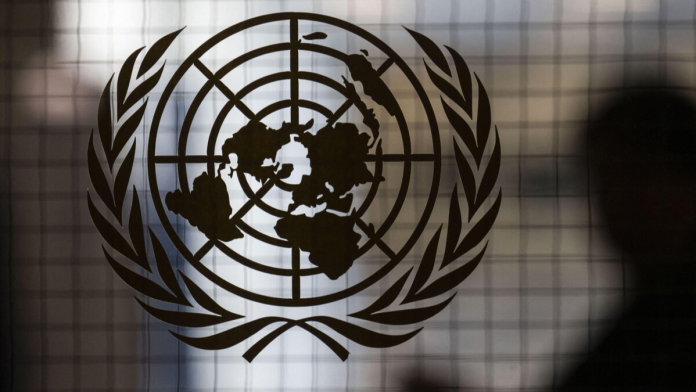South Korea has taken a critical step at the United Nations by finalizing a draft resolution on Monday that could permanently lift sanctions on Iran. This action comes as part of its duty as the current president of the UN Security Council, the 15-member body responsible for global peace and security.
The move follows the launch of a 30-day “snapback” process by Britain, France, and Germany on August 28. The snapback process is a special rule in the 2015 nuclear deal that allows United Nations sanctions to be quickly reimposed if Iran is judged to be breaking its promises. Once triggered, the Security Council must act within 30 days, either by voting on a resolution or letting sanctions come back automatically.
The three European countries accused Iran of failing to keep commitments from the 2015 nuclear deal, which was designed to prevent Tehran from building nuclear weapons. The snapback mechanism has now forced the Security Council into a tense countdown that must be resolved by late September.
US sanctions target Iraqi Kittitian businessman accused of running Iranian oil shipping network
Under UN rules, if no member presents a resolution within 10 days of the snapback being triggered, the responsibility shifts to the council’s rotating president. With South Korea holding that role for September, it was compelled to prepare and finalize the draft. The text is now ready and can be put to a vote at any moment before the September deadline expires.
The Complex Voting Rules at Play
The draft resolution finalized by South Korea is unlikely to pass, according to diplomats, because of the delicate voting system inside the Security Council. For a resolution to be adopted, it needs at least nine votes in favor and must avoid being blocked by any of the five permanent members — the United States, Russia, China, Britain, and France.
These five countries hold what is known as veto power. This means that even if every other member of the Security Council supports a resolution, just one of these five nations can stop it by casting a veto vote. This rule makes it very hard for controversial resolutions to pass when the permanent members are divided.
The outcome hinges on the long-standing divide within the council. Britain, France, and Germany have argued that Iran failed to respect the nuclear deal and want to trigger sanctions again. However, they are also trying to keep space open for diplomatic talks. The three countries are working on persuading Iran to meet three specific requirements. If Iran agrees, the Europeans would be ready to delay the reimposition of sanctions. That delay would also need to be approved by a Security Council resolution.
Iran gains support from China and Russia against E3 push to reimpose UN penalties
South Korea’s finalized text serves as the official draft that could decide whether sanctions are permanently lifted. But without unity among the permanent members, its chances of adoption remain slim.
Russia and China Push a Different Path
Adding to the complexity, Russia and China — both strategic allies of Iran — have already prepared their own draft resolution. Their proposal, completed late last month, calls for a six-month extension of the 2015 nuclear deal and urges all parties to return to talks immediately. However, they have not yet submitted it for a vote.
If Russia and China were to bring their resolution forward before Britain, France, and Germany reach a compromise with Iran, the proposal could run into strong opposition. Britain, France, or the United States hold veto power and could block it. This makes the diplomatic space extremely fragile, as multiple drafts are circulating with conflicting goals.
For now, the pressure sits squarely on South Korea, which has fulfilled its duty by finalizing the text. The council has until late September to vote. Whether the resolution passes or fails, the process highlights the deep divisions among world powers over how to deal with Iran’s nuclear program and the future of international sanctions.


